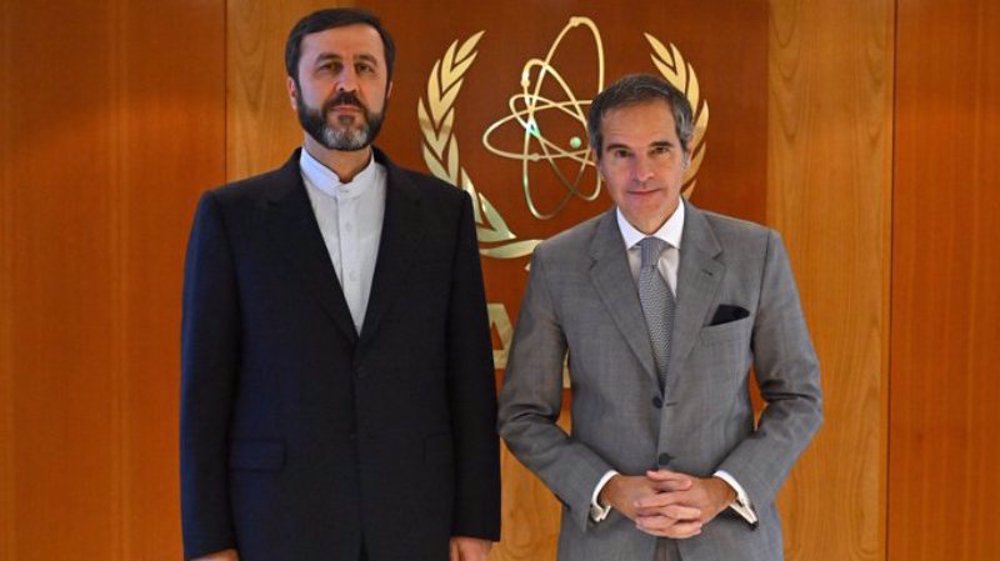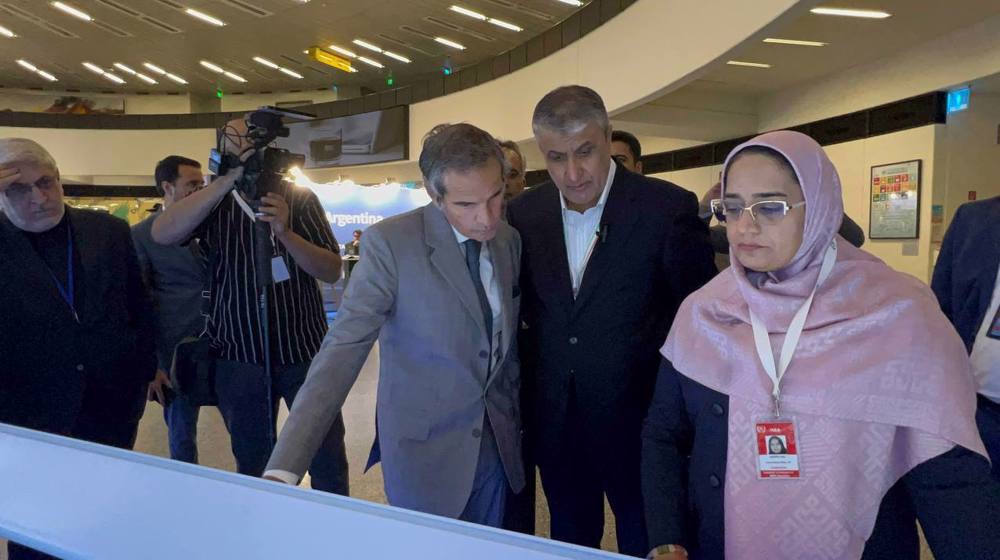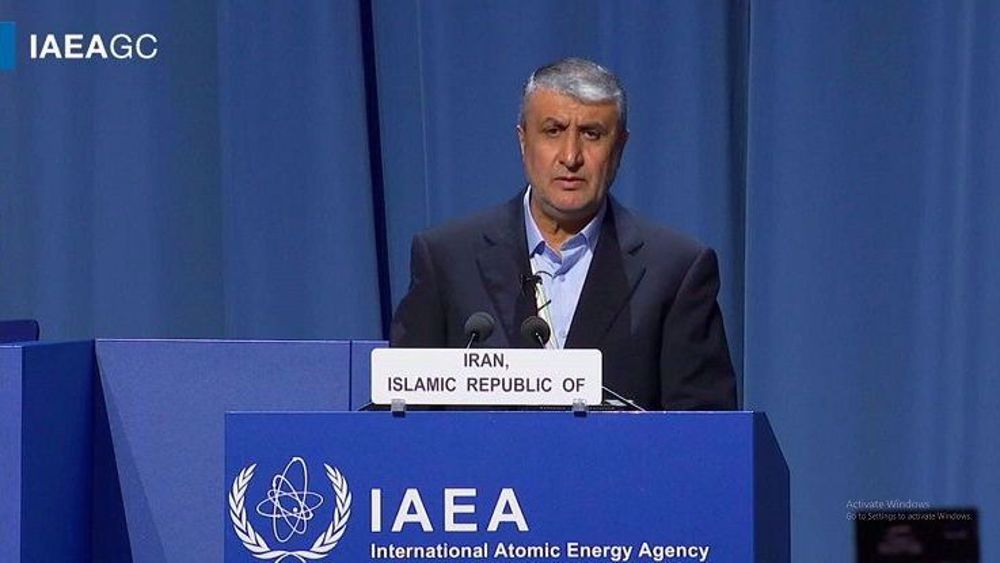Iran deputy FM: Europeans will not activate JCPOA trigger mechanism for now
Iran's deputy foreign minister for political affairs says despite their recent threat to activate the trigger mechanism envisaged in the nuclear accord with Iran, the European signatories to the deal will not do so for the time being.
Speaking to reporters on the sidelines of the Iranian parliament’s Monday session, Abbas Araqchi said, “During the recent meeting with the 4+1 group, the trigger mechanism was never brought up and all remarks to this effect have no other goal, but to create a negative atmosphere against our country.”
Representatives from Iran and the five remaining signatories to the landmark nuclear deal -- Britain, France, Germany, Russia and China -- as well as the European Union attended the Friday meeting to discuss ways to save the accord.
It was the first meeting by the remaining parties to the JCPOA since July. In May 2018, US President Donald Trump unilaterally pulled his country out of the international deal, in defiance of global criticism, and later re-imposed the sanctions that had been lifted against Tehran as part of the agreement.
In response to the move, Tehran has so far rowed back on its nuclear commitments four times in compliance with Articles 26 and 36 of the nuclear deal, but stressed that its retaliatory measures will be reversible as soon as Europe finds practical ways to shield the mutual trade from the sanctions.
However, European members since last month have begun raising the possibility of triggering the JCPOA’s “dispute resolution mechanism,” which is also known as the trigger mechanism, and whose activation can lead to the return of the UN sanctions on Iran.
Asked about a possible decision on the fifth step to be taken by Iran to reduce its JCPOA commitments, Araqchi said, “We are currently one month away from the point where we may take the fifth step. There are various ideas about how such a measure should be taken.”
“Of course, in the recent meeting with the 4+1 group we told them that if Iran makes sure it stands to no benefit from the JCPOA, our country will take new measures to reduce its commitments,”
Iran relies on natural gas for nearly 90% of its power production: Expert
US embassy in Beirut blocks Iraq-Lebanon humanitarian air bridge
VIDEO | UK's Starmer targets journalists
Israel plans to displace Palestinians in occupied West Bank: Hamas
Iranian airlines ramp up Istanbul route flights after EU sanctions
British protesters slam UK’s complicity in Gaza genocide on Balfour day
US surgeon haunted by Gaza children with ‘single gunshot wounds to head’
VIDEO | Iran's possible retaliation against Israel












 This makes it easy to access the Press TV website
This makes it easy to access the Press TV website